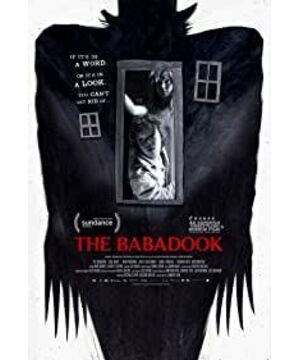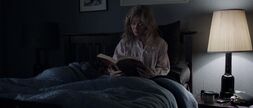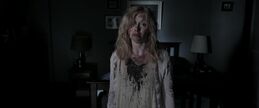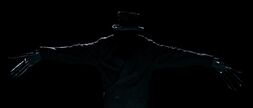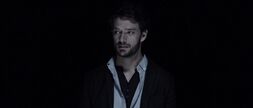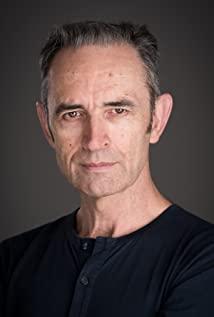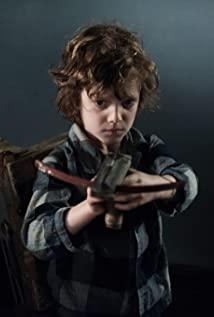---{text}------------------------------------- -------------------------------------
Regarding the ending, we must first understand Babadu.
Excluding the monster in the context of exorcism,
the essence of Babadu is actually the manifestation of his mother's black thoughts.
This black idea is a line in the play:
"I would rather die than my husband."
(So Babadu's real body is played by her husband, and Babadu is homonymous to his father.)
Through the neighbor's granny lines,
we can see that every year the anniversary of her husband (ie son's birthday),
the mother will be angry at his son but would like not knowing emotional torture
so that my son will do preventive work a year in advance, homemade weapons against monsters like titles,
this year After reading Babadu, the monster changed its name to Babadu.
(Actually, it is an angry mother, the movie shows Babadou possessing)
That's why the son pleaded with the mother: "don't let it in !"
------------------ ---------------------------------
The answer to the ending
is cleverly hidden by director Jennifer in a fable way.
In retrospect, Jennifer has been using TV sets as voice-overs and guidance:
❶ TV: "Life seems easy, but it is wonderful" The
director started this adult fable with this , reflecting how the exaggerated and absurd elements should be understood.
❷TV: A "I'm sure there are ghosts in this house" B "But I didn't hear anything, it was the wind? The door closed."
The director once again reminded the audience of the allegorical nature of this story, that there are no ghosts.
❸ TV: "Where did its mother go? Koala won't leave her child."
This content was broadcast on the eve of death day, indicating that "possession" is about to begin, and the mother started not wanting the child again.
❹Mérieux’s movies are playing on the TV. Everyone knows what style and genre Mérieux is, and then think about the fable of director Jennifer, carefully observe that the protagonist on the TV is replaced with Babadu, so we have an epiphany. The "Possession" drama is all her expressionism. (Jennifer is really a literary bacteria all over
his body) ❺The son played a trick on his mother: "Life is always a blind eye." The
son did not make the coin disappear, but replaced it with a pigeon.
Recall the content of the movie.
Babadu (husband) was not expelled or disappeared, but continued to be suppressed in the basement (husband's relic storage room), and he was still aggressive with his teeth and claws.
Think again of the lines of the neighbor’s old lady:
I know you [every year] it’s hard to live on the day of death.
The ending is self-evident. The
son's innocent love temporarily expelled Babadu from the bottom of his mother's heart and let it retreat to the subconscious mind.
"Life always loves blindfolds"
you yelled: I don't care anymore!
And happy to celebrate this day, celebrating being healed, just like a birthday, just like a new life.
But the black Babadu, still in the bottom of his heart,
might cheat the corpse like the vampire his mother watched late at night.
PS director's debut work can see her skills, I have to praise.
But I really want to say that this is the Australian version of [Horror Bunny 3D],
all elements are the same,
from flat to three-dimensional metaphors, demons, picture books, and the relationship between children.
All exactly the same
View more about The Babadook reviews


